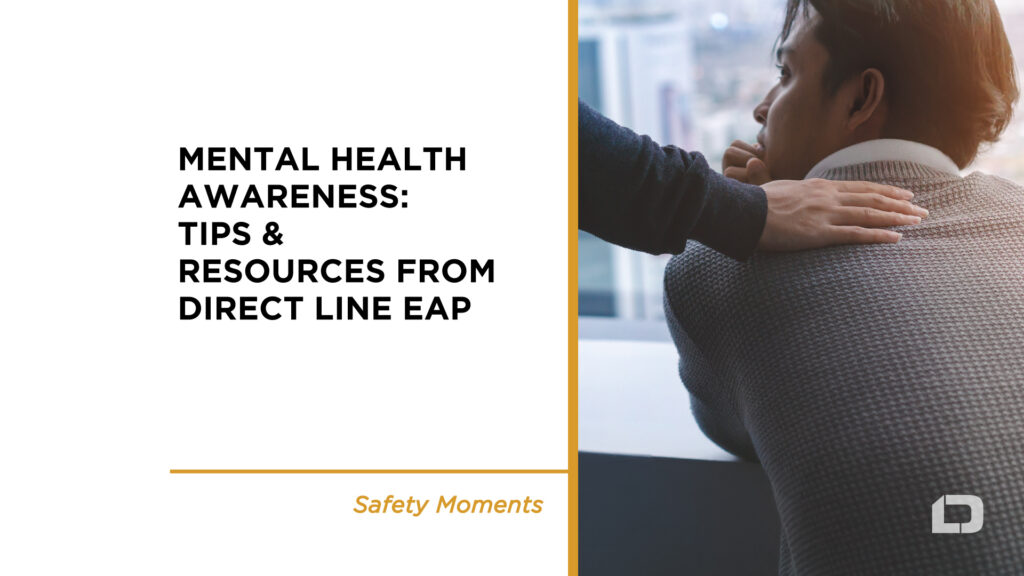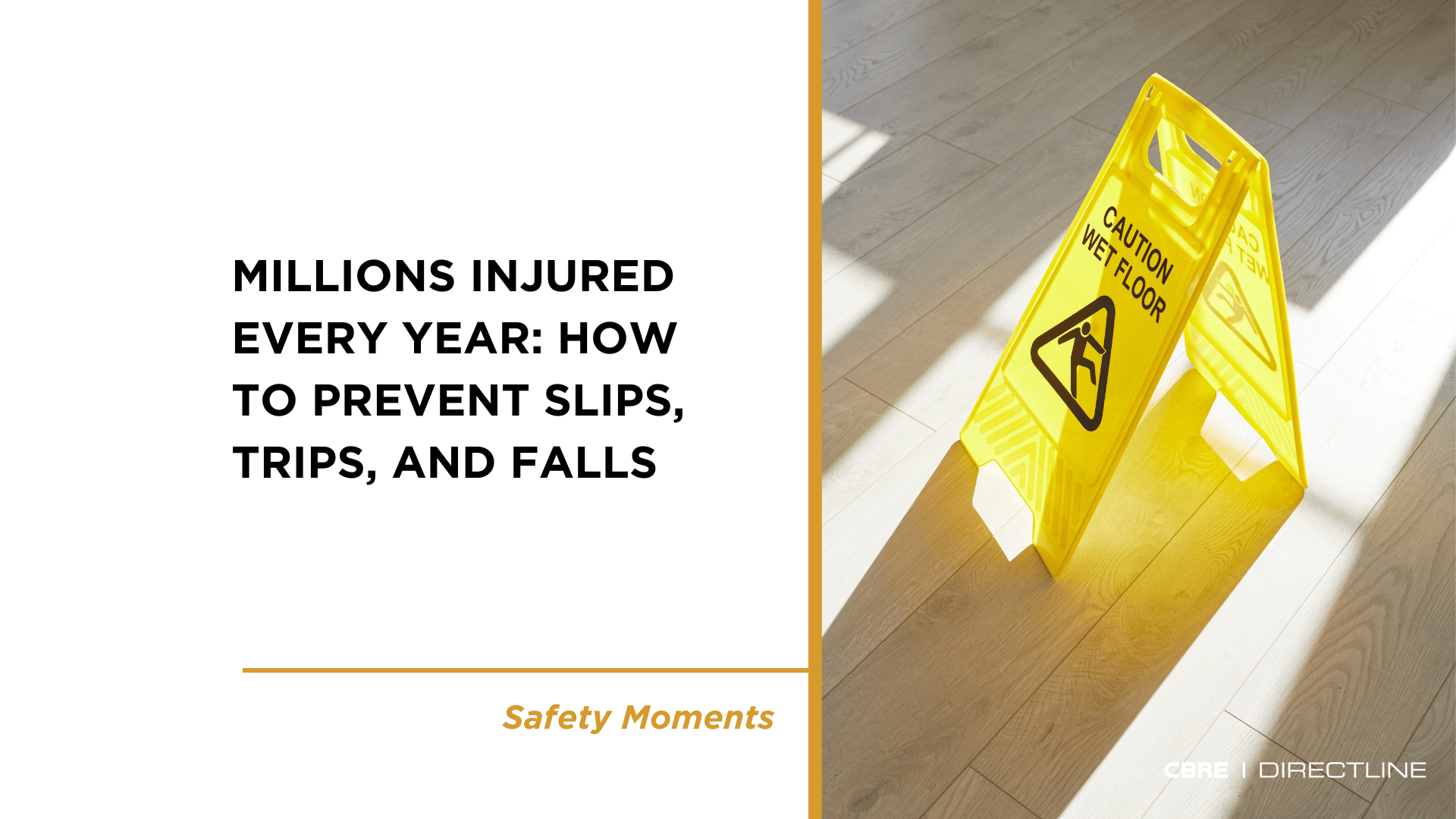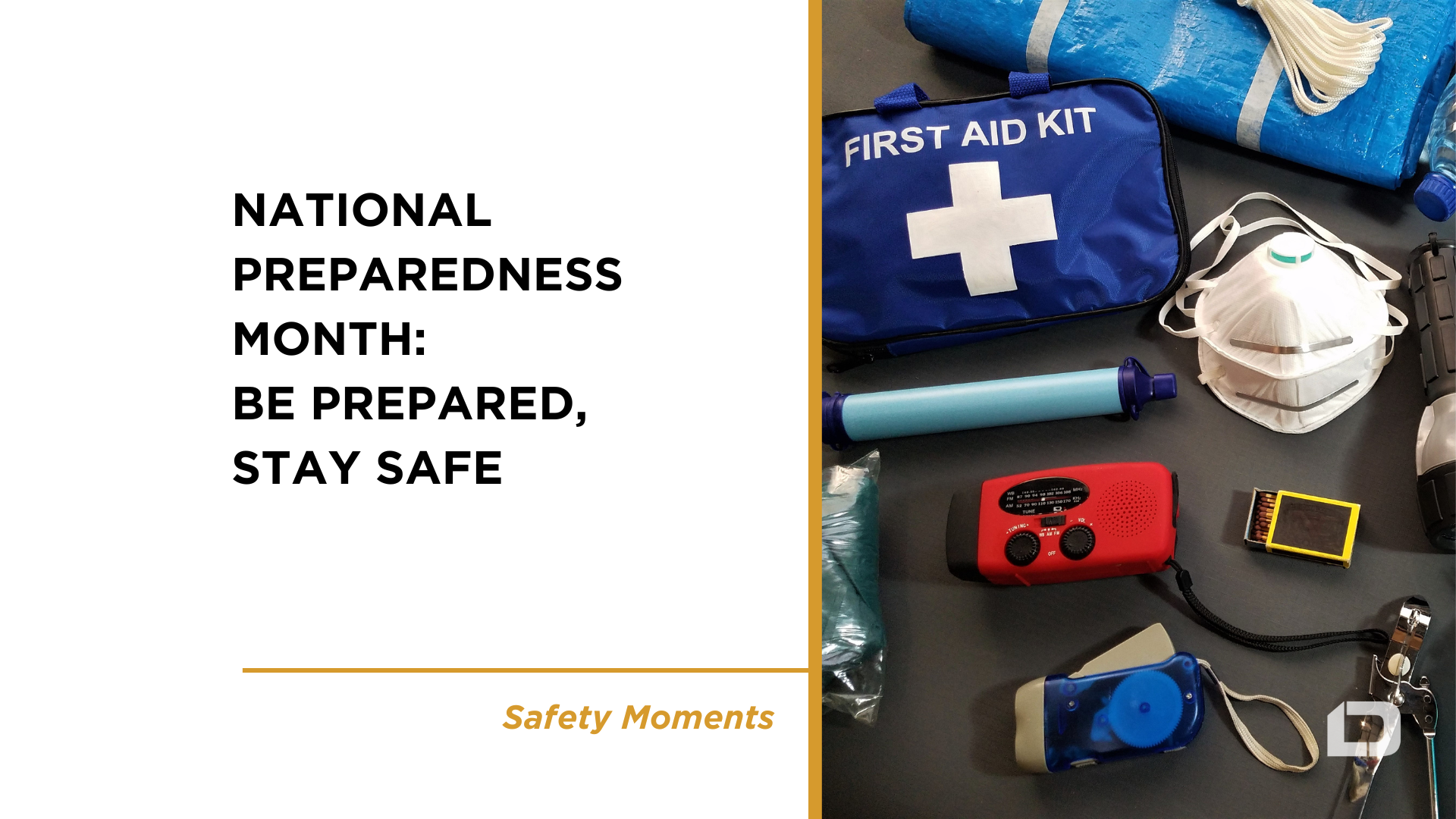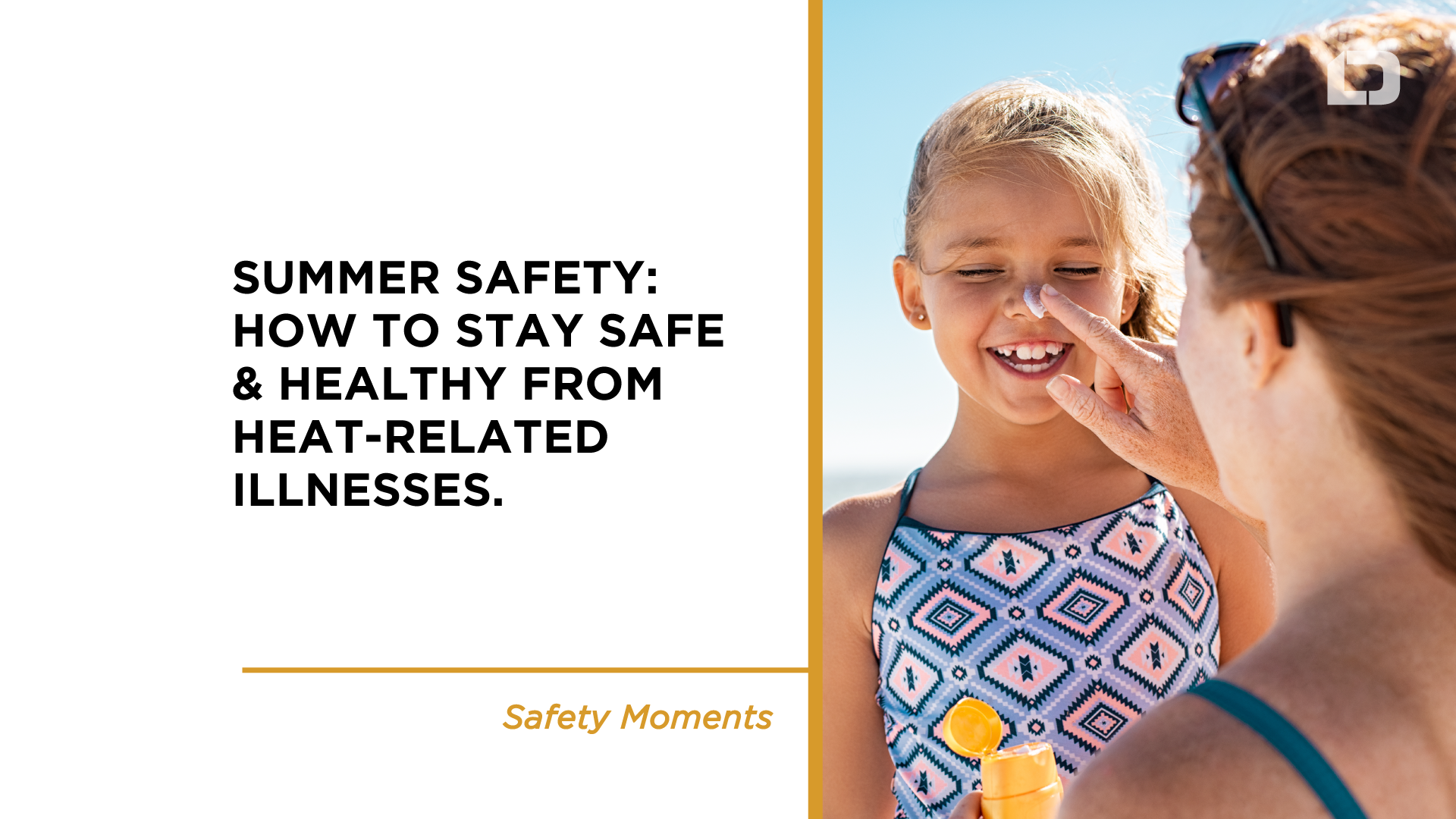May is Mental Health Awareness Month, and concerns over mental health have been increasing in society – both at work and at home. Fortunately, Direct Line Global has a helpful Employee Assistance Program (EAP) with numerous resources available to our employees and their families.
Emotional Well-being Resources
Administered by Learn to Live, our Emotional Well-being Resources can help you identify the thoughts and behavior patterns that affect your emotional well-being. Through our self-paced online programs and optional personalized coaching support, you’ll learn effective ways to manage stress, anxiety, depression, substance use, and sleep issues.
How to help:
Making Time for Yourself
Making time for yourself is probably the last thing on your list, and probably one that you rarely ever get to. There’s always someone or something that needs your attention, and taking care of others is more important than taking care of yourself, right? You might feel like it’s hard enough to get everything done as it is and that you’ll never find the time. But there are some very compelling, and important, reasons to try.
Learn more here.
Managing When the Stress Doesn’t Go Away
Doing good work is always essential, but even more so in times of high stress, since success can bolster self-esteem and group morale. Keep your standards high, but allow as much flexibility as possible in how the work gets done. If you set clear standards, but give employees some freedom in working out ways to meet them, they will probably be able to develop approaches that fit the contingencies of the stress situation.
Learn more here.
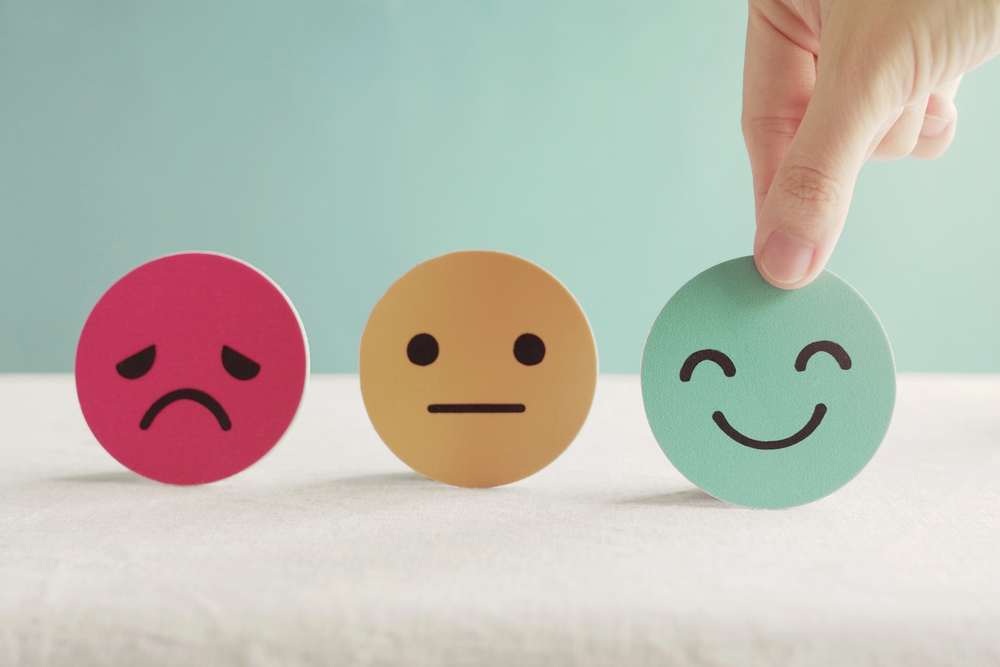

Stress and Aging
There are several risk factors that lead to stress in the elderly. Some include a past history of depressive illness, inadequate social support, and serious illnesses such as strokes and neurodegenerative diseases like Alzheimer’s disease or Parkinson’s disease.
Learn more here.
Stress Management Primer
Whether you’re late for work, stuck in the wrong line at the supermarket, pushing to meet a deadline, or realizing you can’t ignore that growing pile of bills any longer, everyone is acquainted with stress. It’s a normal part of life that you can’t escape.
Learn more here.
Tips for Coping with Extreme Stress
- Concentrate on caring for yourself.
- Talk about it with other people in the same situation. Compare reactions, and reassure yourself that you are not alone in the way you are feeling.
- Talk about it with friends and relatives who care about you. It’s normal to need to tell your story over and over.
- Keep your schedule as routine as possible, and don’t overdo it.
- Allow time for hobbies, relaxing activities, and being with friends—even if you don’t quite feel like it.
- Participate in whatever physical fitness activities you normally enjoy.
- Utilize whatever spiritual resources are part of your normal lifestyle.
- Beware of any temptation to turn to alcohol, tobacco, caffeine, and sweet foods. They may make you feel better momentarily, but can cause more problems in the long run. Concentrate instead on a healthy diet.
- If you can, postpone major life decisions until things have normalized.
- Don’t hesitate to accept help from friends, coworkers, and others. If you can, offer help to others affected by the event.
- Sometimes good self-care and talking with friends are not enough. You may want to seek professional counseling through your Employee Assistance Program (EAP). This does not mean you are sick, but rather that a counselor may be able to help you get your recovery process on track.
Useful Content:
- Child Care Provider Locator 25%
- Financial Calculators 25%
- Child Care Handbook 12%
- Listening Tips 10%
- Daily Relaxation Tools 9%
- Elder Care Handbook 9%
- Prioritizing Your Time 8%
At Direct Line Global, we put constant emphasis on our Safety Culture. Our team members’ health and safety matter at all times. Learn more about our Safety posts on our website. Stay safe out there!

For more information visit these links:
Center for Disease Control & Prevention (CDC): https://www.cdc.gov/mentalhealth/tools-resources/index.htm
National Institute of Mental Health: https://www.nimh.nih.gov/health/find-help
National Alliance on Mental Health: https://www.nami.org/Home
National Institutes of Health Emotional Wellness Toolkit: https://www.nih.gov/health-information/emotional-wellness-toolkit

